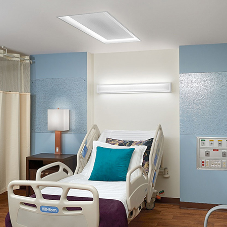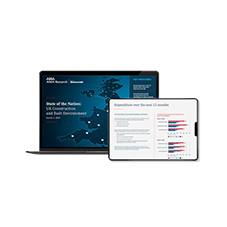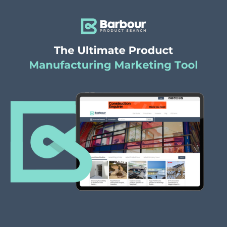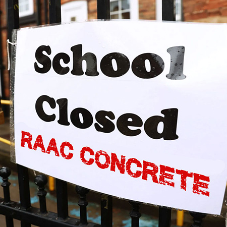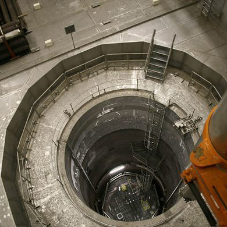85% of architects regularly refer to product directories and 95% regularly source technical information from manufacturer websites, according to the 2017 edition of Competitive Advantage's report the Construction Media Index. So “Why do I need technical literature?” I hear you ask. Here are some reasons why:
Technical Literature is part of today’s multi-channel communication portfolio
Of the 95% of architects who regularly source technical information from your website, many will be downloading PDF copies of your technical literature. It plays a role alongside blog articles, case studies and press releases, providing a fact-based source of product information. Specifiers need technical literature to help them fully understand how your product is used, any constraints in its application, the performance it delivers and how to specify it correctly.
Technical literature is key when meeting with specifiersM
Despite our digital world, face to face meetings between architects (or engineers) and manufacturer’s representatives remain important. With 78% of architects getting their technical information from meetings with manufacturers. Human interaction is important. These face to face meetings provide practical dialogue on design solutions. Specifiers want to show construction product experts their designs and get their opinions on the best way to do things. So much more can be achieved if the expert sees the entire layout, gets an understanding of what the project is about and can say “Have you considered doing it this way?” Key in that conversation will be the technical literature, as it is used to explain how junctions can be achieved, the different product options available or surface finishes and colours.
Technical literature can support brand awareness and lead generation
Face to face meetings may take place to discuss a specific project, but they also occur in other circumstances, such as Exhibitions or CPD seminars. Then they can also play a support role in helping to explain something or acting as a source of further information for future reference. They can also direct architects and engineers to the right product specifications, CAD image or BIM object.
In this instance the specifier may not have a specific project in mind but may retain your literature for future design solutions. This also allows you to get your brand in front of the specifier, allowing to develop recognition of your products. Meaning they will hopefully the will get back in touch when they have a more immediate specification need.
Technical literature should encourage product selection by making it easy to specify
A key part of your specification strategy should be making it easy for the architect or engineer to specify. That means having all of the information they need to select and specify your products readily to hand. And technical literature is an important part of this. If they are to select your products your literature needs to be easy to use with all of the key information readily available.
Remember to consider the design of your technical literature. One size definitely does not fit all. The document for viewing in digital form will benefit from a different layout to that of its hard-copy twin. The audience must also be considered. Architects will want to see photographs of installed products, as well as technical illustrations. While engineers will be more interested in the technical data and how it was obtained.
In summary technical literature provides fact-based information about your construction product; It allows the specifier and those is the construction team to understand your product and how it will work for their design. Product literature reinforces your brand, done well it can create a lasting, positive impression.
Download our datasheet on developing a technical literature for construction products:
Further Information
Promoting your company and building products with Barbour Product Search can help to increase your visibility to the full specification audience. Email editor@barbourproductsearch.info for more information.
Sign up to the Competitive Advantage newsletter for an overview of construction market activity as well as construction sales and marketing advice.
Chris is a specialist in specification strategy and founder of Competitive Advantage Consultancy which specialises in market research and training for the construction industry. Chris is also Deputy Chair of the organising committee for CIMCIG, the Chartered Institute of Marketing’s Construction Industry Group.

Related Blog Articles



crop192.png)
